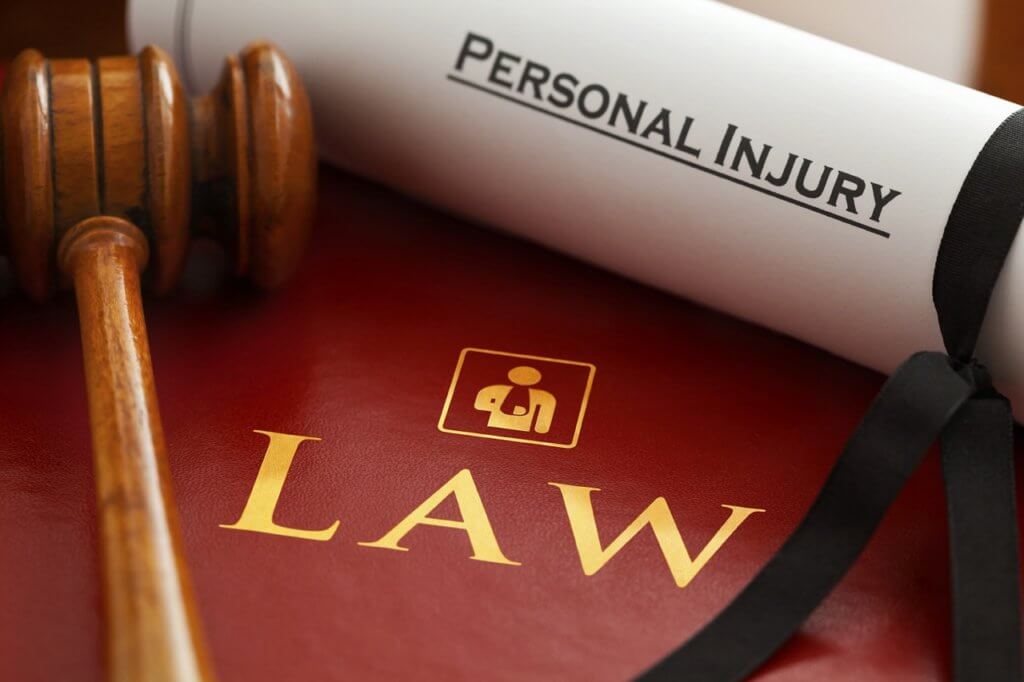A traumatic brain injury (TBI) can have a crippling effect on both the physical and emotional state of the person who sustained it. The effects of a TBI can either be temporary or affect and change the rest of the victim’s life. Every year, the Centers for Disease Control and Prevention (CDCP) estimates that 1.5 million Americans sustain a TBI and an estimated 80,000 to 90,000 of these cases result in long-term effects.
As with any serious injury, TBI’s come with specific and expensive medical expenses. When the brain injury sustained through an accident was brought about by the negligence of others, victims should not be held responsible in shouldering his or her expenses. In all instances, the negligent individuals accountable for the sustained injuries should be held accountable and shoulder the costs.
In most instances, however, victims are forced to fight for their rightful compensation in TBI compensation claim cases. These cases are innately complicated, from filing the proper complaints to the execution and proper proceedings, and require the best of understanding in traumatic brain injuries.
What Is Traumatic Brain Injury?
Traumatic brain injuries are closed-head injuries that result in the soft tissue of the brain colliding with the inside of the skull. Since the brain is one of the most sensitive organs in the human body, this occurrence almost always leads to a traumatic brain injury. These traumatic events can occur during jolts of the head, car accidents, or slip and fall incidents to name a few.
Traumatic Brain Injury Symptoms
TBI symptoms depend on the cause of the injury and how it affected the brain. They can vary from bearable pain such as mild headaches to severe effects such as loss of bodily functions. Some common symptoms include the following:
- Head pain
- Blurred vision
- Sleep dysfunction
- Vomiting and difficulty swallowing
- Taste and smell impairment
- Loss of motor skills that take up to an hour in mild situations to paralysis
- Loss of consciousness that lasts from less than an hour in mild cases to comatose states in severe cases
- Agitation, confusion, disorientation, or memory loss
Types of Traumatic Brain Injuries
Depending on the symptoms mentioned above, you may have some of the following types of traumatic brain injuries.
Concussions
Despite being regarded as a mild traumatic brain injury, a concussion is still a serious health issue as concussions contribute to about 30% of all injury deaths in the United States according to the Centers for Disease Control and Prevention (CDC). Concussions are usually sustained through sports, car accidents, falls, or any situation that may cause a violent jolt to the head, causing further injury to the brain. Below are four major characteristics of a concussion depending on the severity of the injury and treatment needed:
- Changes in thinking. This can manifest through difficulty in thinking and concentration
- Physical changes which can exhibit through dizziness, headaches, blurred vision, equilibrium issues, or sensitivity to light or noise.
- Emotional changes such as being more irritable.
- Changes in sleeping such as sleeping more or sleeping less
Brain Contusions
Often mistaken as a concussion, a brain contusion is a localized injury while a concussion damages broader parts of the brain. In other words, a brain contusion is a bruise on the brain tissue. Symptoms of brain contusions can range from none to life-altering or threatening such as:
- Localized tingling or numbing
- Personality changes
- Intelligence reduction
- Movement discoordination
- Difficulty in speaking and understanding speech
- Memory difficulty
Coup Contrecoup Injury
A coup contrecoup injury is a kind of brain trauma that is sustained when your head hits the point of impact then recoils back, making your brain hit the point of impact and then recoils inside the skull. For example, hitting your head on the steering wheel during a car accident may lead to sustaining a coup brain injury near the site of the forehead.
On the other hand, a contrecoup injury occurs at the opposite of the forehead or the back of the head. This is due to the brain being rattled inside the skull and consequently hitting both front and back parts of the head. A coup contrecoup injury may occur at the same time or individually, depending on the nature of the injury. The effects of these injuries may be similar to brain bruising injuries.
Diffuse Axonal Injuries
Diffuse Axonal Injuries are one of the most common yet devastating types of traumatic brain injury. This type of TBI takes place when the axons, or the long connecting fibers of the brain, snaps as a result of violent and rapid movement of the brain inside the skull. Signs that an individual may have received this type of TBI can be due to the following:
- Initial loss of consciousness lasting up to six or more hours.
- Nausea and vomiting
- Disorientation
- Drowsiness or fatigue
- Headaches
- Sleeping troubles and lengthened sleeping cycles
- Loss of balance
Penetrating Brain Injury
A penetrating brain injury is a kind of traumatic brain injury that occurs when an object enters the skull and damages the brain. This may come in the form of shards from skull fractures, a stab wound, a bullet, or shrapnel among others. This may also be common with military personnel who have suffered brain injuries from gunshot wounds on the head or from shrapnel sustained from explosions. Signs of this may include:
- Heavy head bleeding
- Loss of consciousness
- Heavy ear bleeding
- Seizures
- Loss of limb mobility
- Extreme breathing problems
- Loss of bowel and bladder functions
- Comatose state
Pursuing a Traumatic Brain Injury Claim
A traumatic brain injury can be physically and emotionally crippling. Additionally, the different types of TBI’s mentioned above will inevitably result in overwhelming financial obstacles that can be unmanageable for a victim or his or her loved ones. Thus, it is highly advisable for brain injury victims to seek legal expertise from traumatic brain injury attorneys.
Traumatic brain injury attorneys have the proper experience and knowledge of traumatic brain injury laws and strategies that can properly bring victims the rightful justice and compensation they deserve. Specifically, brain injury lawyers can use their extensive expertise to do the following:
- Assessing medical records to evaluate the extent of a TBI and its impact in a victim’s life
- Evaluating how much a TBI has affected a victim’s ability to earn income
- Examining how it has severely affected a victim’s day to day activities
- Estimating additional medical care and treatment that can assist victims in living a functional life
Seek help from experienced traumatic brain injury attorneys from Mesriani Law Group and acquire the proper compensation you deserve from life-threatening brain injuries caused by negligence. The Los Angeles-based law firm will help victims seek justice for their injuries and help in preventing future incidents from happening again.








